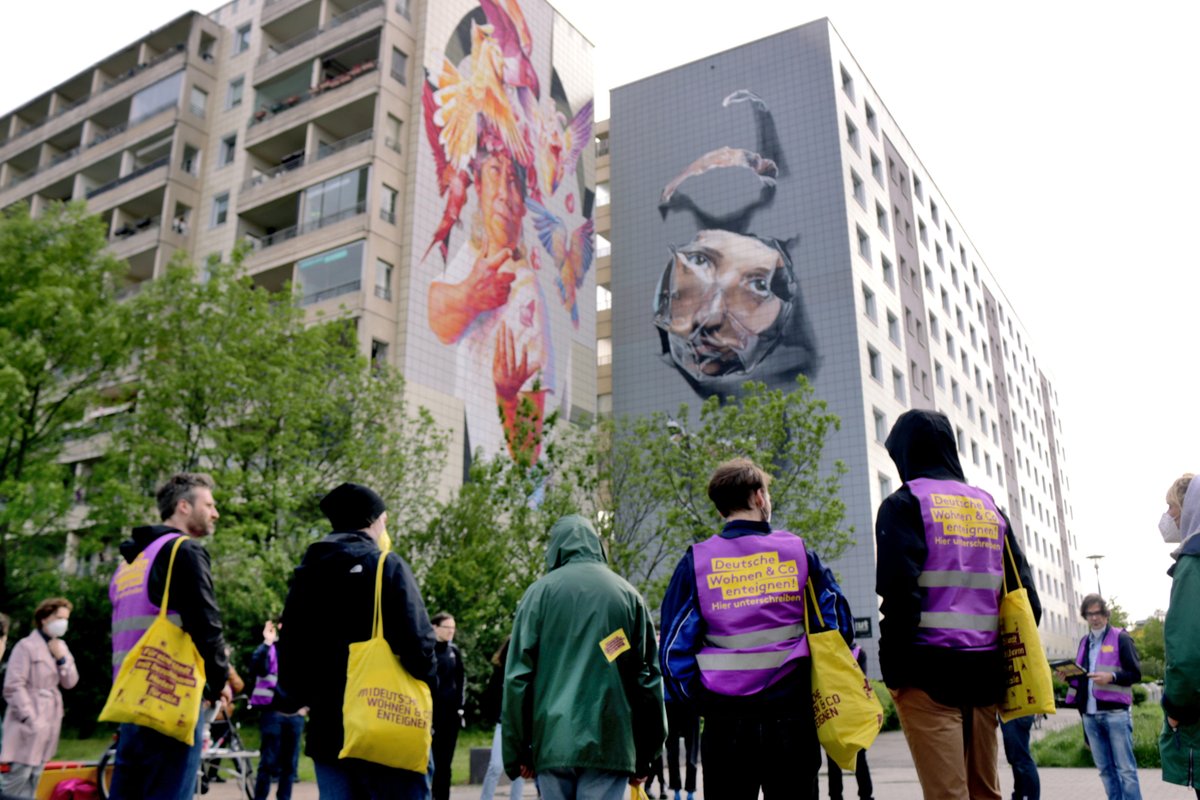
On this day in 1917, working-class women in Petrograd launched a riot that began the Russian Revolution. The day has been celebrated as #InternationalWomensDay ever since. Wishing all of our comrades a joyful and successful #IWD2023! ✊🚩🌹 

1/7 On this day on 8 March 1917, soldiers’ wives and other working-class women in Petrograd, Russia launched militant protests against their country's participation in World War I and the devastating effects it had on living conditions.
2/7 The riots kicked off what would go down in history as the February Revolution, the first phase of the revolutionary process that led to the establishment of the Soviet Union. It would also firmly establish 8 March as #IWD, an international feminist holiday.
3/7 Though an annual Women’s Day had already been declared by the International Socialist Women’s Conference in 1910, the precise date on which it was celebrated varied from year to year.
4/7 In honour of women’s crucial role in the Russian Revolution, the Bulgarian delegation to the Second International Communist Women’s Conference in June 1921 resolved to permanently establish 8 March as the day of festivities, which it has remained ever since.
5/7 Today, International Women’s Day is an official holiday in several dozen countries and widely observed in many more. Recently, the City of Berlin, where our foundation is headquartered, also recognized 8 March as an official holiday. 

6/7 Over the last few years, groups like the International Women’s Strike have sought to reclaim #IWD as a day of feminist, anti-capitalist struggle for the emancipation of all humanity.
7/7 We at @rosaluxglobal wish all of those on strike, on the streets, and on the job a joyous and successful #InternationalWomensDay2023! 

• • •
Missing some Tweet in this thread? You can try to
force a refresh





